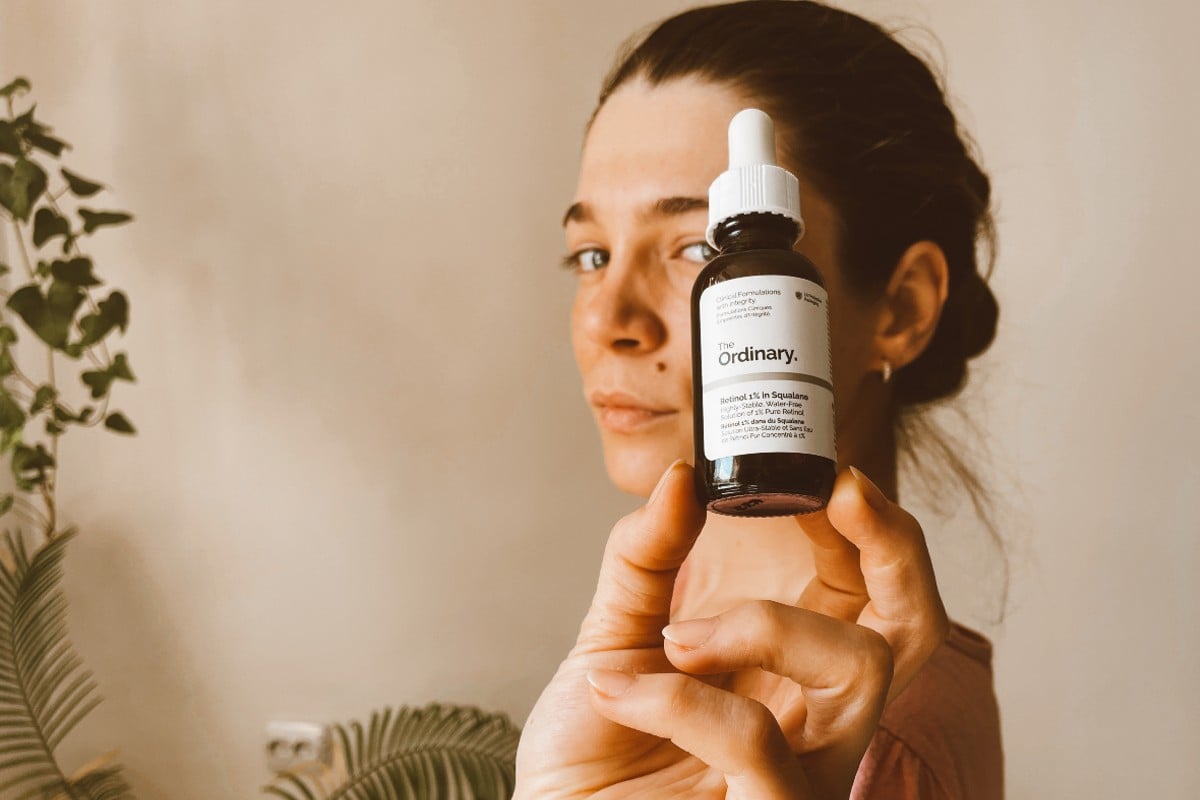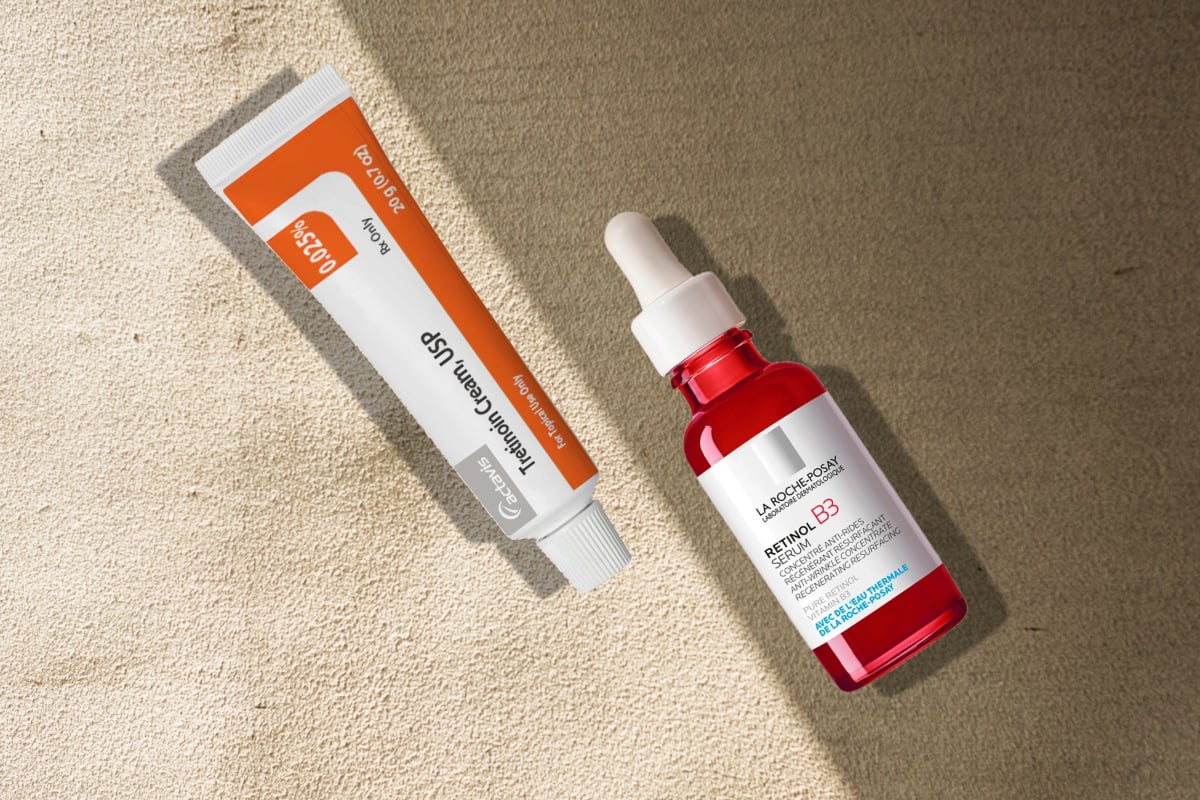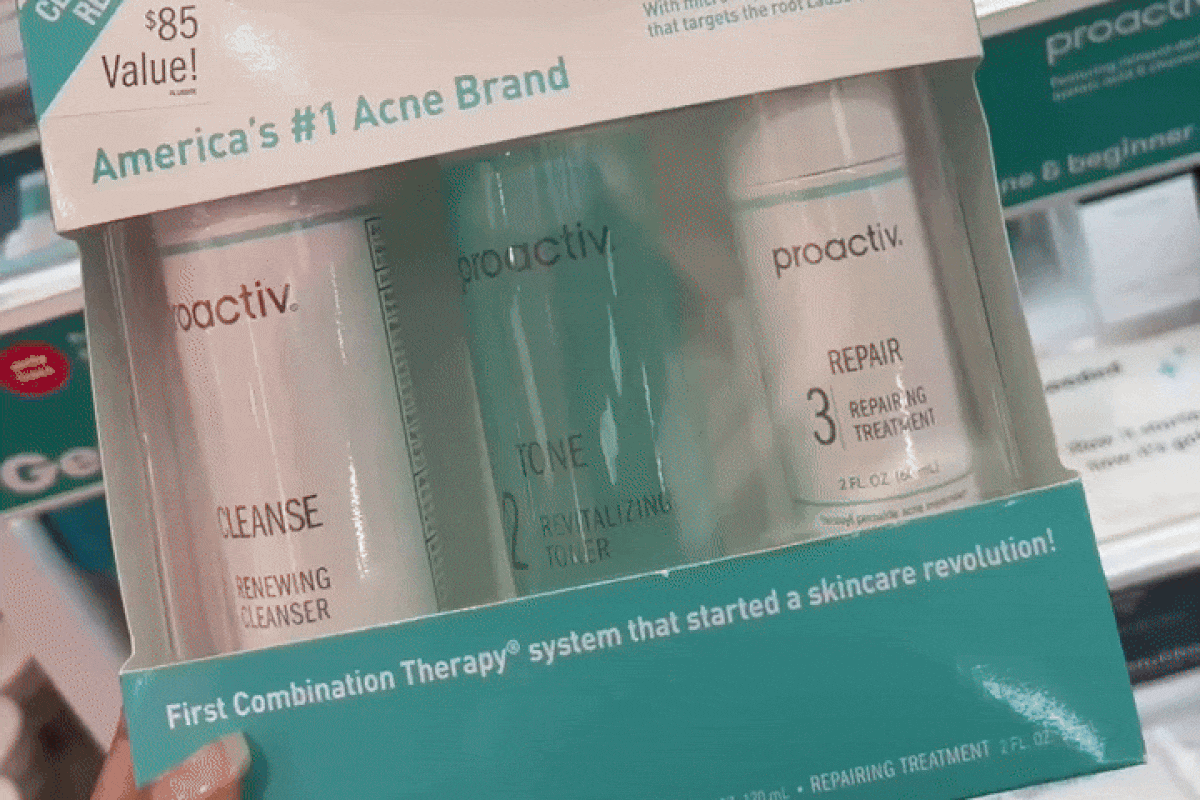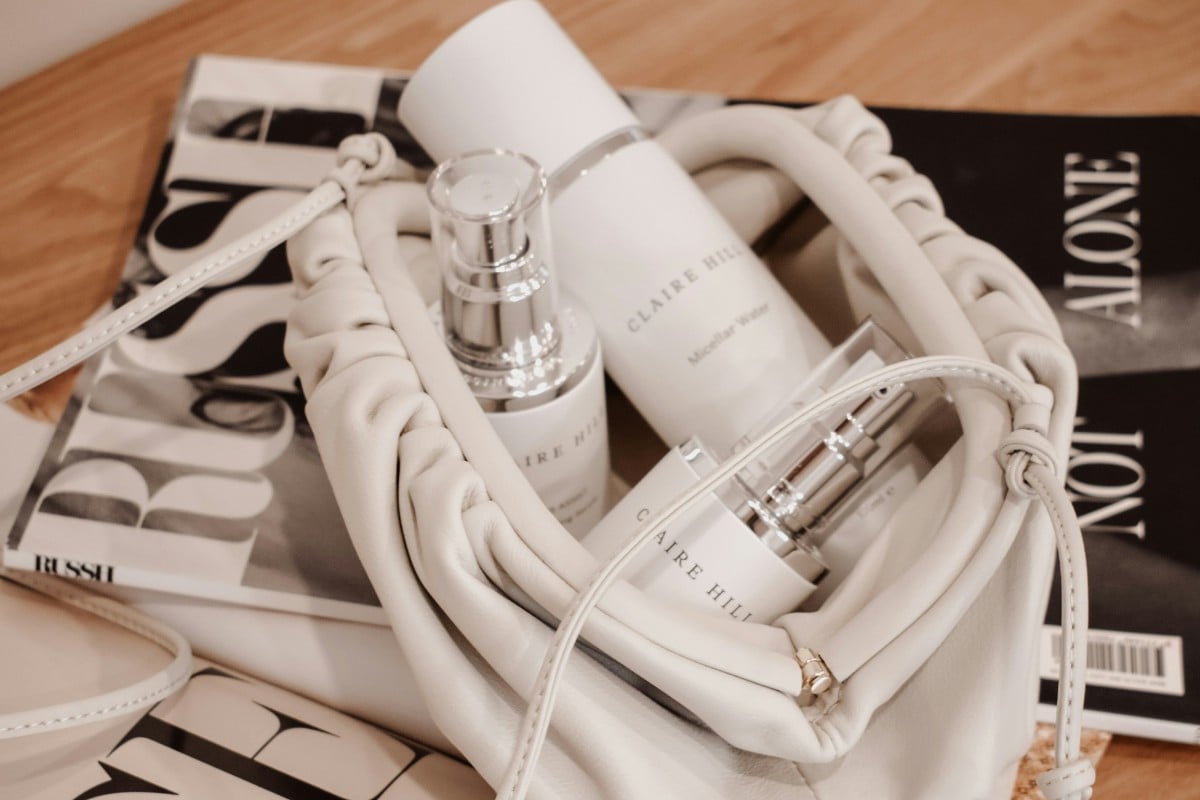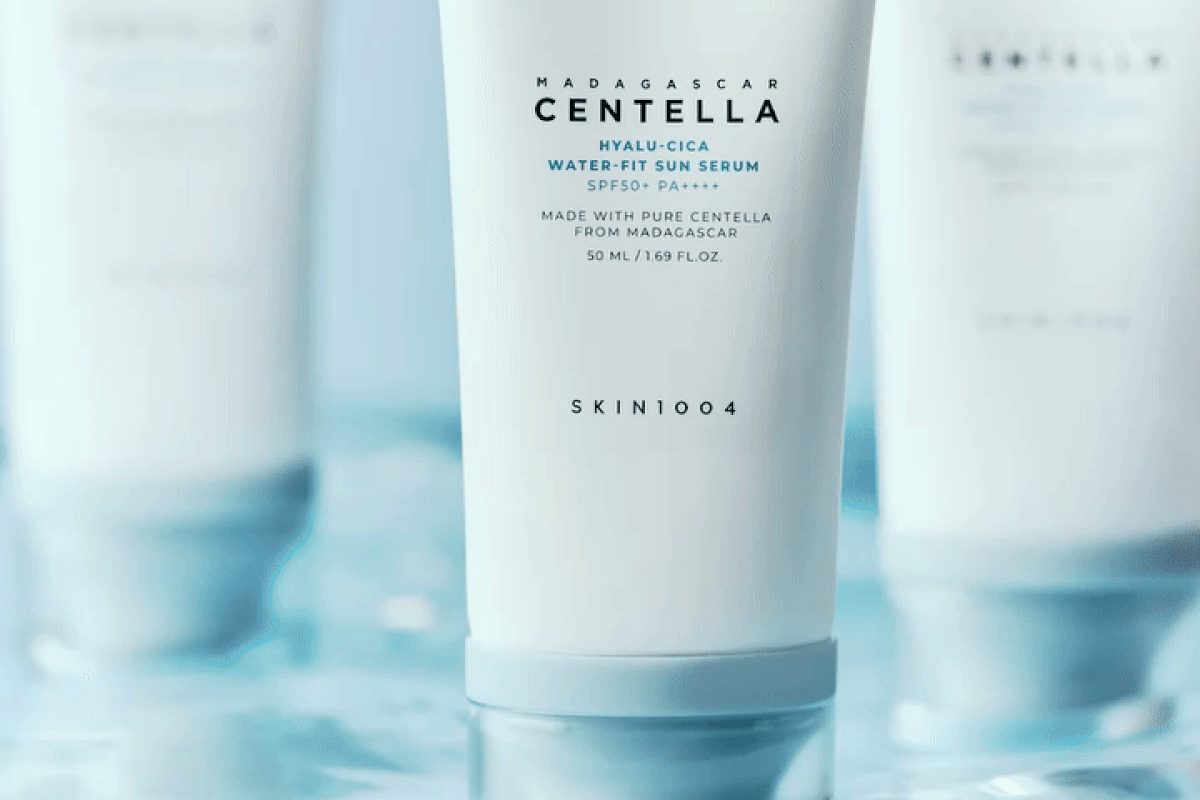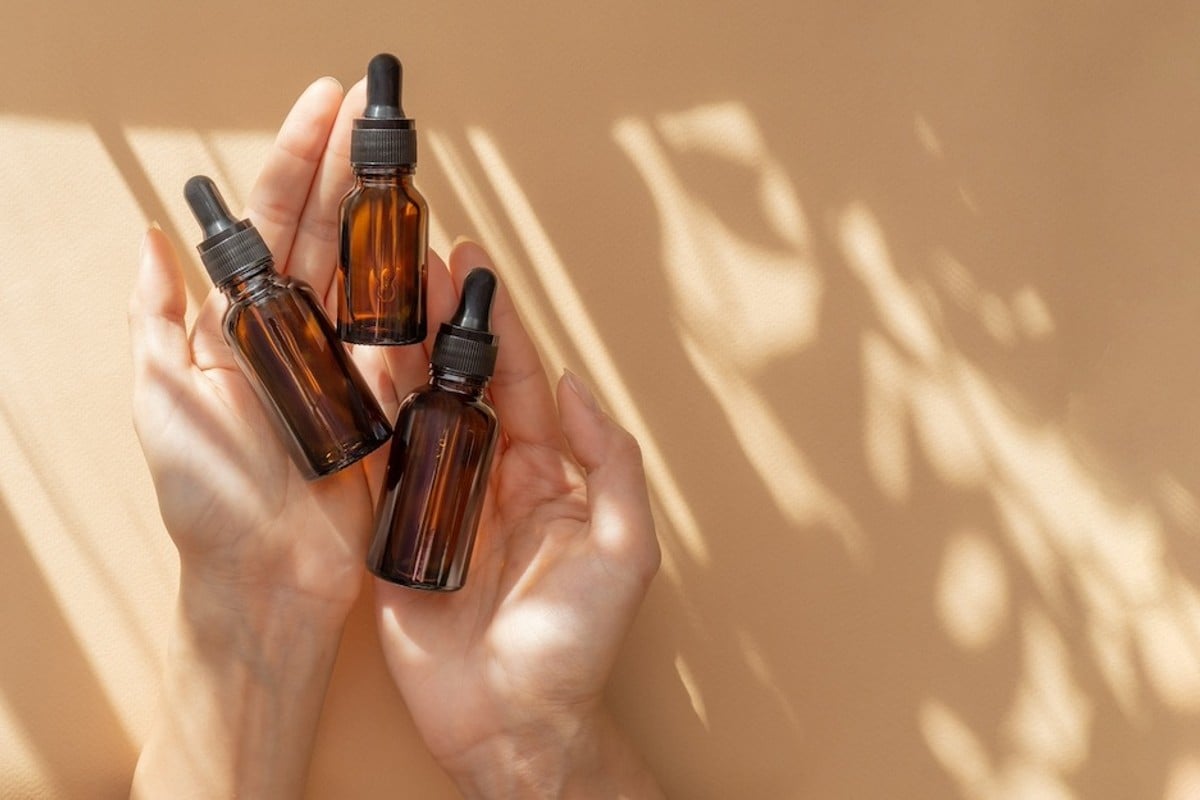Everybody is into skincare cocktails and while some bring boosted benefits, others might turn into total fails. To avoid a fiasco, you should be aware of the basic dos and don’ts of skincare ingredients. How tricky is it to mix retinol and vitamin C together, two of the most lauded actives in the skincare world? Yes, they address similar concerns and are among the pillars of skincare when used separately. But what happens when retinol and vitamin C meet in the same routine? Read on.
Retinol
Retinol holds the title of the gold standard ingredient and is lauded by those in the know for softening wrinkles, evening tone, minimizing dark spots, and even tackling acne.
Studies also point out that retinol increases collagen production and epidermal thickness, smoothing the skin’s outer layer. If that isn’t enough, research proved retinol helps increase hyaluronic acid levels, making the skin appear more hydrated and plump. Retinol can do all that due to its cell turnover effect, aka it sheds old cells and replaces them with new, stronger cells. However, the exfoliating effect of retinol has its downsides. When new cells are rapidly produced, they lack the necessary adhesion, making us experience peeling, redness and irritation.
Vitamin C
Vitamin C is an antioxidant that protects the skin from free radicals. More than that, vitamin C protects collagen fibers, while encouraging new collagen to form, hence firming and increasing elasticity. Also, vitamin C is a potent anti-inflammatory agent and an inhibitor of tyrosinase enzyme activity, meaning it brightens dark patches. But as much as we love vitamin C, it can be irritating, especially when used in its active form — L-ascorbic acid.
Can you use retinol and vitamin C together?
Upfront, using retinol and vitamin C together may irritate skin and can actually reduce their effectiveness. However, as backward as it might sound, there’s still a way to use vitamin C and retinol together, but not at the same time. First, let’s delve into the reasons why layering retinol and vitamin C together is not a good idea.
When you want to mix two or more ingredients, you should consider their pH. An unbalanced pH can cause a lot of trouble, and absolutely everything you do on your skin can affect its pH.
While the pH scale ranges from 1 to 14, the skin’s optimal pH value lies between 4.7 and 5. An optimal pH value is needed for proper cell turnover, strong antimicrobial defense, hydration, and for the protective barrier to fulfill its role. If the pH is too high, skin appears tight and dry, leading to irritations, and if it’s too low causes a loss of natural oils leading to dehydration.
So, following a pH-balanced skincare routine is the way to keep irritations at bay. Unfortunately, that’s not the case with vitamin C and retinol — if used together, their pH can disrupt your skin’s pH.
While retinol has a pH between 5.0 and 6.0, vitamin C must be formulated at pH levels less than 3.5 to enter the skin. Because vitamin C and retinol don’t work at the same pH level, mixing them makes retinol less effective and also reduces vitamin C’s absorption power. Worst case scenario, mixing retinol and vitamin C together can lead to dryness, sensitivities, and a broken barrier.
How to use retinol and vitamin C together
While it isn’t advisable to mix vitamin C with a retinol at the same time, you can definitely use them separately — more precisely, vitamin C in the morning and retinol at night. In this way, you get the best of both worlds, meaning the protective, collagen-boosting, and brightening perks of vitamin C during the day, and retinol’s reparative benefits during the night, working in harmony with the skin’s natural regenerative process which occurs while sleeping.
However, the easiest way to mix retinol and vitamin C together is to use them in the same product. So if your new skincare favorite features these two powerhouses, go for it, smear it on and call it a night.



